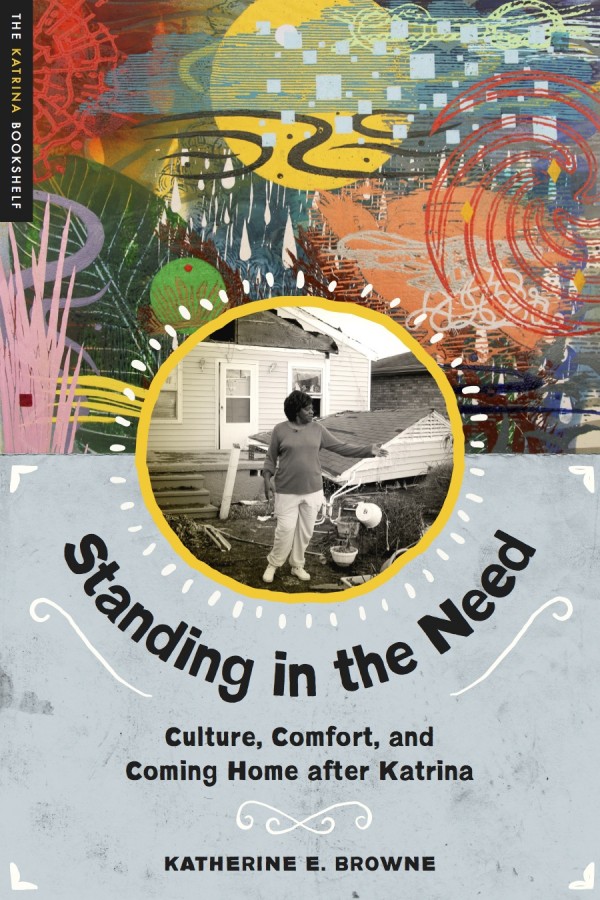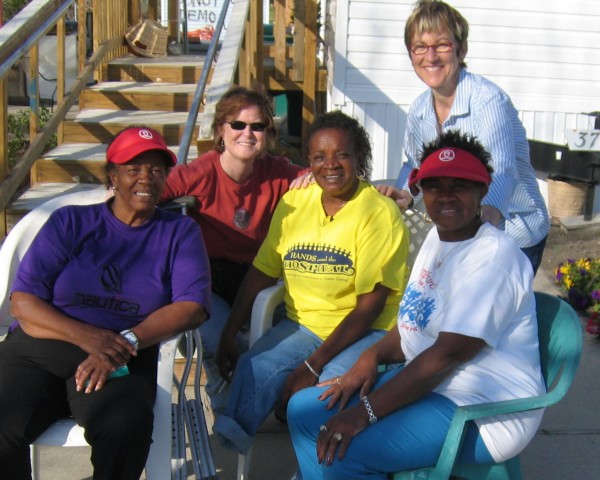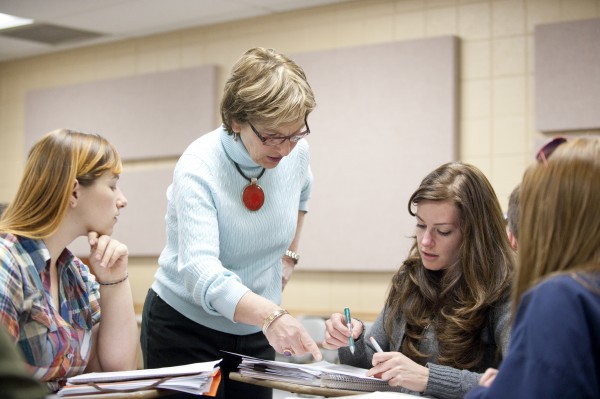CSU anthropology Professor Katherine Browne has been selected to speak this week as part of the National Science Foundation’s Distinguished Lecture Series in Social, Behavioral & Economic Sciences.
Her talk, “The Hidden Heart of Recovery: Lessons from Long-Term Anthropological Research After Katrina,” will be held on Thursday, Jan. 14, at 2 p.m. Eastern Standard Time at the NSF headquarters in Arlington, Virginia.

Browne, author of Standing in the Need: Culture, Comfort and Coming Home After Katrina, studies the hidden role of cultural history and everyday practices in shaping patterns of social and economic life in the Caribbean and U.S. In the book, she follows an African-American family over the eight-year ordeal of their recovery from the aftermath of Hurricane Katrina and discovers that the years of hardship family members endured were caused less by the storm than by the institutional approach of the recovery effort itself.
Browne said she is humbled and excited by the invitation to participate in the lecture series.
“It’s an incredible honor to be invited to speak because I look to the NSF as the gold standard for vetting research,” she said. “I’ve learned so much from the NSF and my own experiences of grant writing, in terms of how to think about designing strong research.”
The NSF funded Browne’s dissertation research as well as a half-dozen of her other projects. In addition, she served as a senior review panelist for the NSF from 2004 to 2006, evaluating grant proposals twice a year to help determine which ones should receive funding.
“It was a great deal of work, but it has been a wonderful experience that opened my eyes to the very big umbrella of important work that cultural anthropologists are doing,” she said.

Browne’s talk will focus on the theme that the “hidden heart” during disaster recovery is culture. She notes that there is a common perception that people affected by a disaster, wherever it might occur, experience trauma in the same way. “Anthropological research tells us otherwise,” she said. “Clearly, we have more work to do in raising awareness about the relevance of culture in effective recovery.”
“Culture is actually the binding force, it’s what helps get people through a traumatic experience,” she added. “Cultural gaps in communication between what I call the recovery culture and the wounded culture can be corrosive. In the context of disaster recovery, not bridging those gaps creates real suffering that is completely unnecessary.”
Anthropologists can play a crucial role in understanding the dynamics of recovering from events like natural disasters, Browne said.
“It’s important for anthropologists to make a claim for what we understand about the world,” she said. “We tend to assume that people will seek out what we know, but that’s not usually how it works. We have to be more brave about making our insights public.”

She also lauded the NSF for support of her research, as well as that of her peers.
“It’s the kind of institution that we need to get fully behind as a society,” Browne said. “I don’t think enough people grasp how vital the creation of new knowledge is to our future. Science of all kinds can help enlighten and improve our world.”
For more information, visit Browne’s website or Facebook page.
